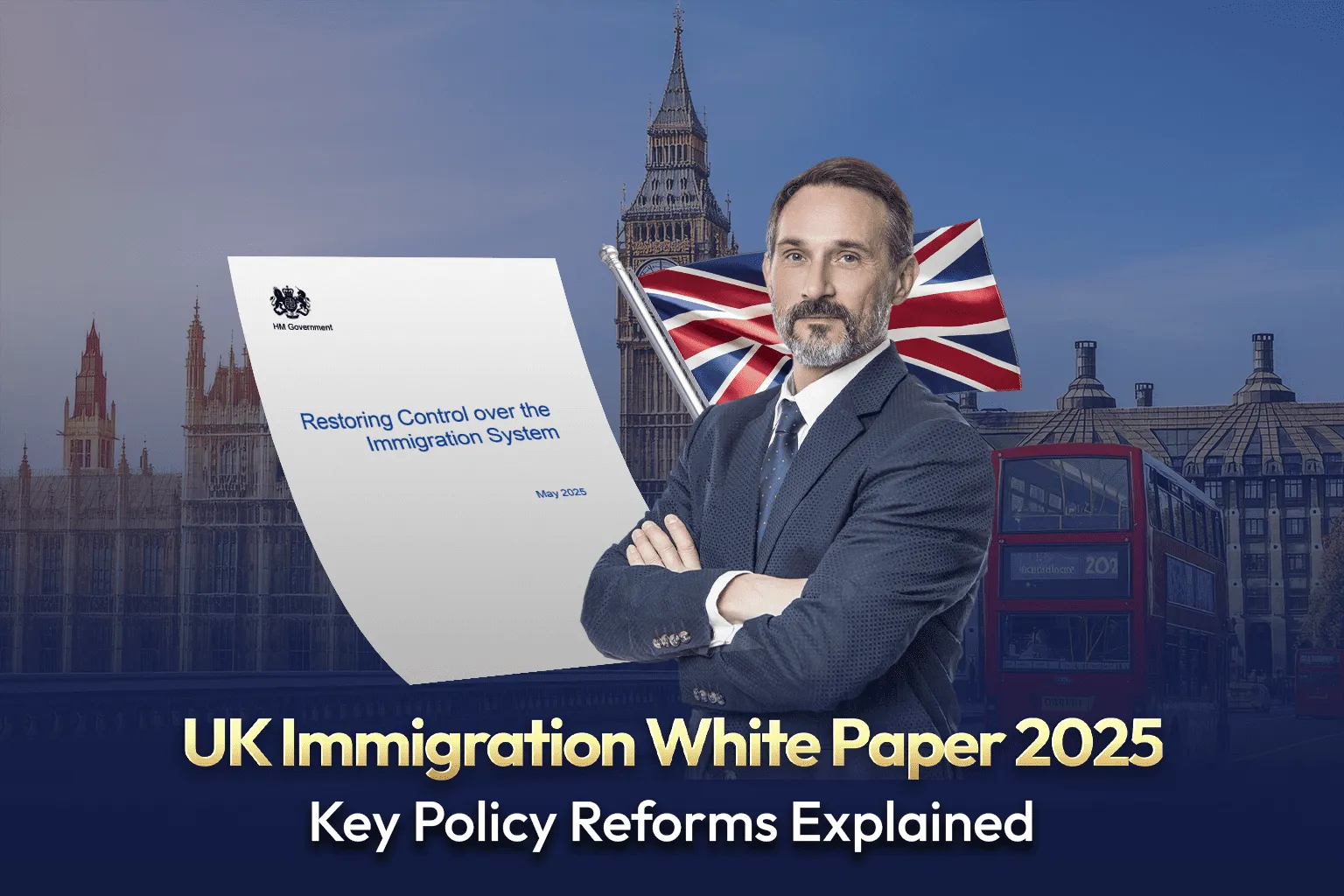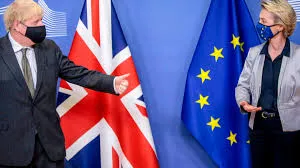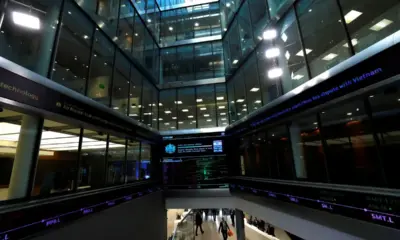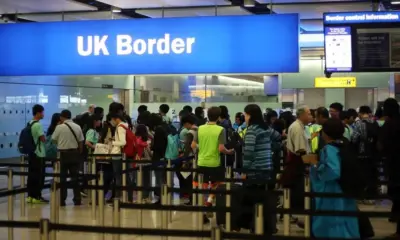Latest News
Immigration Shifts in 2025: How New UK Policies Are Reshaping London’s Workforce

In 2025, immigration policy has become one of the most defining factors in London’s economic and social landscape. With the city’s workforce heavily reliant on skilled migrants, recent adjustments in visa rules and labor quotas are influencing industries from healthcare to fintech. The UK government’s goal is to balance border control with economic necessity, but businesses warn that talent shortages could undermine post-Brexit recovery efforts.
The Skilled Worker Dilemma
Under the updated Skilled Worker Visa Framework, introduced in January 2025, salary thresholds have increased from £26,200 to £34,000, tightening eligibility for foreign professionals. While the government argues the change ensures fair wages and reduces exploitation, employers in technology, healthcare, and hospitality sectors are expressing concern over recruitment challenges.
The Office for National Statistics (ONS) reports a 7% decline in non-UK work visa approvals in the first half of 2025 compared to the same period in 2024. Sectors like construction and healthcare, already struggling with labor gaps, are facing intensified pressure. The NHS Confederation has warned that workforce shortages could worsen patient backlogs, while the Tech Nation Report 2025 highlights over 100,000 unfilled digital roles nationwide.
To counteract the fallout, the government has expanded the Global Talent Visa and reintroduced limited quotas under the Graduate Route for high-performing international students. Universities and industry bodies have welcomed these measures as vital for sustaining London’s innovation pipeline, particularly in fintech, AI, and biomedical research.
Economic and Social Impacts on London
London’s economy remains the most dependent on migrant labor in the UK — nearly 38% of the city’s workforce was born outside the country, according to the Greater London Authority (GLA). Changes in visa policy are therefore felt immediately across the capital.
Hospitality and retail sectors, heavily reliant on EU and Commonwealth workers, are experiencing rising wage costs and staffing shortages. In response, companies are investing in automation and AI-driven HR systems to streamline operations, but smaller businesses face significant adaptation hurdles.
Meanwhile, the financial sector continues to lobby for a more flexible immigration framework. The City of London Corporation has urged the Home Office to introduce a “Fintech Skills Passport,” allowing recognized firms to fast-track hiring for specialized roles such as cybersecurity analysts and blockchain developers.
Policy Balancing and Future Outlook
Politically, immigration remains a sensitive issue. The government faces pressure from both business groups calling for openness and voter segments demanding tighter controls. The opposition Labour Party has proposed a “Points for Productivity” visa system linking immigration levels directly to economic performance, an idea gaining traction among policy think tanks.
Socially, London continues to champion diversity as its greatest strength. Grassroots organizations and community groups are calling for more inclusive urban integration programs, emphasizing that multiculturalism remains vital to London’s global identity.
Conclusion
The UK’s immigration recalibration in 2025 reflects a nation striving to reconcile economic growth with political accountability. For London, the outcome will determine its future as a global talent magnet. If managed wisely, the city can retain its edge as a dynamic, multicultural hub of innovation. But without careful policy flexibility, the capital risks eroding the very diversity that fuels its success.





















